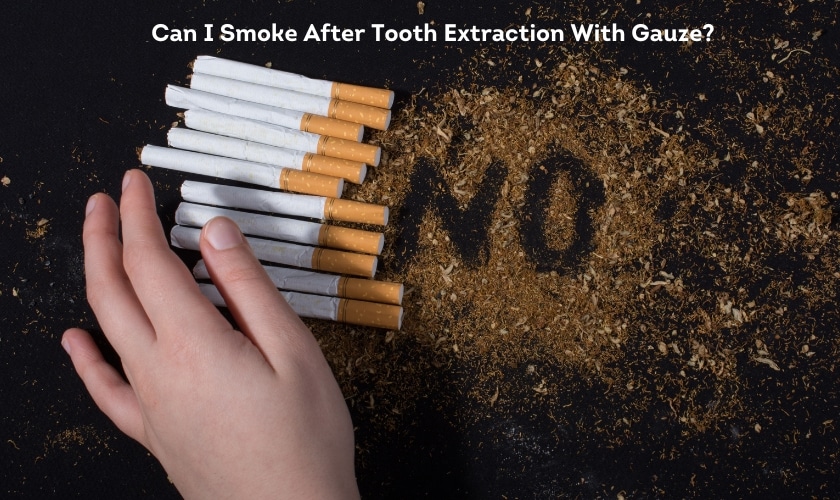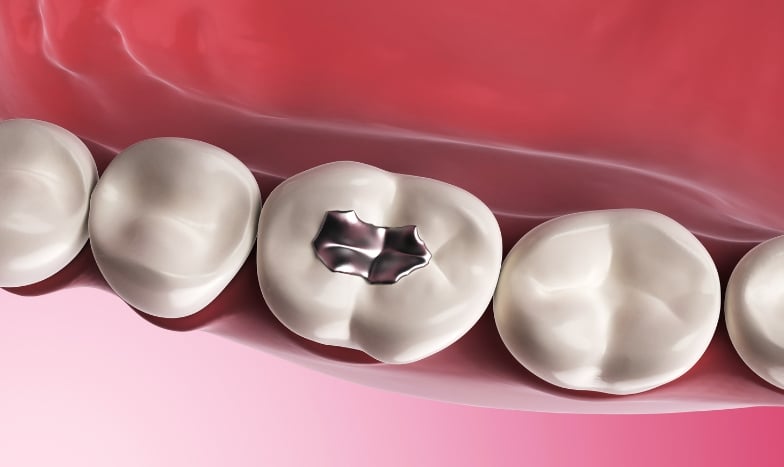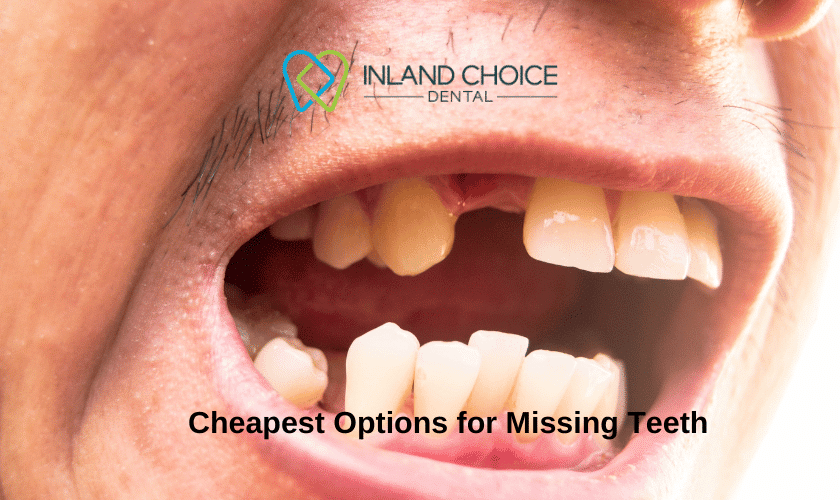
Can I Smoke After Tooth Extraction With Gauze?
After undergoing tooth extraction, it’s essential to follow proper postoperative care to ensure a smooth recovery process. Many patients wonder whether smoking is safe after tooth extraction, particularly when gauze is used to control bleeding. In this beginner’s guide, we’ll explore the implications of smoking after tooth extraction with gauze, address common concerns, and provide valuable insights to aid in your recovery journey.
Understanding Tooth Extraction and Its Importance
Tooth extraction is a dental procedure performed to remove a damaged, decayed, or problematic tooth. While the goal of tooth extraction is to alleviate pain and prevent further oral health issues, proper postoperative care is crucial to promote healing and prevent complications. Following the dentist’s instructions diligently can significantly impact the success of the extraction and subsequent recovery.
The Role of Gauze in Tooth Extraction and Recovery
Following a tooth extraction in Riverside, your Riverside dentist will likely place a piece of sterile gauze over the extraction site. This gauze serves several important purposes:
- Controls bleeding: Applying gentle pressure with the gauze helps to form a blood clot in the socket, which is essential for stopping bleeding and initiating the healing process.
- Protects the extraction site: The gauze acts as a barrier, shielding the exposed socket from irritants like food particles and bacteria that can increase the risk of infection.
- Promotes healing: By maintaining pressure on the socket, the gauze can aid in proper clot formation and facilitate tissue repair.
Your Riverside dentist will instruct you on how long to keep the gauze in place, usually for a few hours. It’s crucial to follow their instructions carefully, as removing the gauze prematurely can dislodge the blood clot, leading to complications like a dry socket.
Factors to Consider Before Smoking After a Tooth Extraction
Smoking poses significant risks to the healing process after a tooth extraction. Several factors contribute to these risks, including:
- Healing Progress: The first 24 to 48 hours after a tooth extraction are critical for clot formation and initial healing. Smoking during this period can disrupt the blood clot and impede the healing process.
- Nicotine’s Effects: Nicotine, a key component of tobacco smoke, constricts blood vessels and reduces blood flow to the gums and extraction site. This can compromise the delivery of essential nutrients and oxygen needed for tissue repair.
- Risk of Dry Socket: Smoking after a tooth extraction increases the risk of developing dry socket, a painful condition where the blood clot becomes dislodged or dissolves prematurely, exposing the underlying bone and nerve endings.
- Heat: Cigarette smoke is extremely hot, and inhaling it can damage delicate tissues at the extraction site, delaying healing and increasing the risk of infection.
- Suction: The act of smoking creates suction in the mouth, which can dislodge the blood clot crucial for healing. This can lead to a condition called dry socket, causing intense pain and delaying recovery.
- Chemicals: Cigarettes contain numerous harmful chemicals, including nicotine, tar, and carbon monoxide. These chemicals can impair blood flow, hinder the healing process and increase the risk of infection.
- Weakened immune system: Smoking weakens the body’s immune system, making it harder to fight off bacteria and increasing the risk of post-surgical complications.
It’s important to understand that smoking is not just about the immediate risks following a tooth extraction. The long-term consequences of smoking can exacerbate existing oral health problems, including:
- Increased risk of gum disease: Smoking weakens gum tissues, making them more susceptible to inflammation and infection.
- Delayed healing after dental procedures: Smoking can hinder healing after various dental procedures, including fillings, crowns, and implants.
- Increased risk of oral cancer: Tobacco use is a significant risk factor for developing oral cancer.
Risks and Complications of Smoking After Tooth Extraction
Ignoring the advice of your dentist and smoking after a tooth extraction can lead to several potentially serious complications:
- Dry socket: This is a painful condition that occurs when the blood clot in the extraction site dislodges, exposing the underlying bone and nerve endings. Symptoms include throbbing pain, bad breath, and a visible “empty” socket.
- Infection: Smoking can increase the risk of bacterial infection at the extraction site, potentially leading to swelling, pain, and fever.
- Delayed healing: The heat and chemicals in cigarettes can hinder the body’s natural healing process, leading to prolonged discomfort and potential complications.
- Bone damage: In severe cases, smoking can contribute to bone loss around the extraction site, potentially impacting future dental procedures like implants.
Conclusion
While smoking may seem tempting, especially for regular smokers, it’s crucial to prioritize your health and refrain from smoking after a tooth extraction. The short-term discomfort of avoiding cigarettes is significantly outweighed by the potential risks and prolonged healing complications associated with smoking.
FAQs:
Can I smoke immediately after tooth extraction with gauze in place?
It is not recommended to smoke immediately after tooth extraction, as it can disrupt clot formation and hinder the healing process.
How long should I wait before smoking after a tooth extraction?
Dentists typically advise waiting at least 72 hours before smoking after a tooth extraction to allow the blood clot to stabilize and the healing process to begin.
What are the consequences of smoking after tooth extraction?
Smoking post-extraction heightens the risks of delayed healing, infection, and dry socket, extending recovery and causing discomfort.
Can I use nicotine patches or gum instead of smoking after tooth extraction?
Though nicotine replacement therapy is safer, avoid nicotine post-extraction to reduce complications.
How can I manage my nicotine cravings during the recovery period?
Consult with your dentist or healthcare provider for guidance on managing nicotine cravings during the recovery period. Strategies may include nicotine replacement therapy, behavioral counseling, or support groups.




